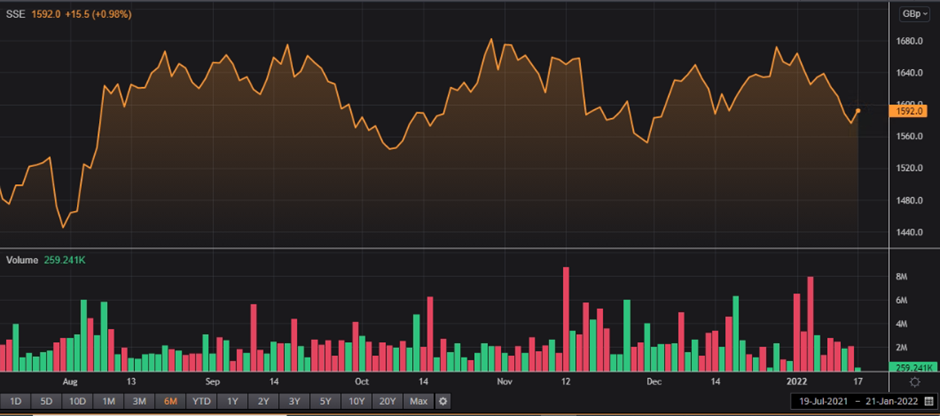Highlights
- The number of UK households facing ‘fuel stress’ will rise by 3 times to around 6.3 million once Ofgem’s new energy price cap comes into effect later this year, as per a think tank’s research.
- The new energy price cap is expected to be raised by over 50 per cent to £2,000 per year on 7 February and will come into effect on 1 April.
- The study stated the government must undertake some actions to help with fuel stress.
A recent study by the research think tank, the Resolution Foundation, has revealed that the number of households in the UK facing ‘fuel stress’ will rise to 6.3 million once the new energy price cap comes into effect from 1 April.
Currently, about 9 per cent of English households are facing fuel stress, which will rise by 3 times to about 27 per cent (or 6.3 million households) following an anticipated price cap increase by the UK’s energy regulatory body, Ofgem in its upcoming announcement.
Ofgem is expected to hike its current energy price cap by over 50 per cent to about £2,000 per annum. It is expected to announce its new energy price cap next month on 7 February.
A household is said to be under fuel stress if a minimum of 10 per cent of a household’s budget is spent on energy bills. This study indicates that fuel stress is now set to impact other income groups aside from the poorest households, such as low- and middle-income households.
Energy prices soared in the UK in 2021, amid global recovery and a rise in demand which subsequently fueled a rising cost-of-living challenge for the country.
Recommendations: The study, therefore, called on the UK government to undertake certain measures in order to mitigate the cost-of-living crisis. Some of these measures include offering an earlier than planned increase of benefits to lower-income households in April, increasing the payments on warm homes discount by a minimum of £300, and many more.
Let us look at how 2 FTSE 100 index listed energy stocks reacted to this development:
- SSE PLC (LON: SSE)
SSE is a Scottish headquartered energy company.
The group’s renewables business, SSE Renewables, recently revealed its plans to make a bid on the Netherlands’ Hollandse Kust (west) Wind Farm Zone’s tender offers. The tender offers are expected to occur between 14 April to 12 May this year.
The bid is part of SSE’s fully funded £12.5 billion net-zero acceleration programme.

Image source: Refinitiv
The group’s shares were at GBX 1,589.00, up by 0.79 per cent on 17 January 2022 at 09:45 AM BST, while the FTSE 100 index was at 7,595.41, up by 0.70 per cent.
The group’s market cap was at £16,802.83 million, and its one-year shareholder return was at 4.64 per cent as of Monday.
Related Read: SSE & Centrica (CNA): Should you buy these 2 stocks in the new year?
- National Grid plc (LON: NG)
National Grid is a UK-based gas and electricity utility-focused energy firm.
The group’s underlying operating profit jumped by 47 per cent (on a year-on-year basis) to £1.4 billion for the 6 months ended to 30 September 2021.
Guidance: The group project its underlying earnings per share for the full year to now be at the higher end of its estimated range of 5 to 7 per cent.
The group also plans to invest about £30 to £35 billion spread over 5 years through to 2025/26. This investment will be made across its energy and other related business networks in the UK and US.
The group’s shares were at GBX 1,077.60, lower by 0.32 per cent on 17 January 2022 at 10:00 AM BST. The group’s market cap was at £39,100.88 million, and its one-year shareholder return was at 23.21 per cent as of Monday.
.jpg)



